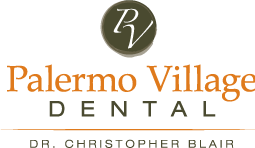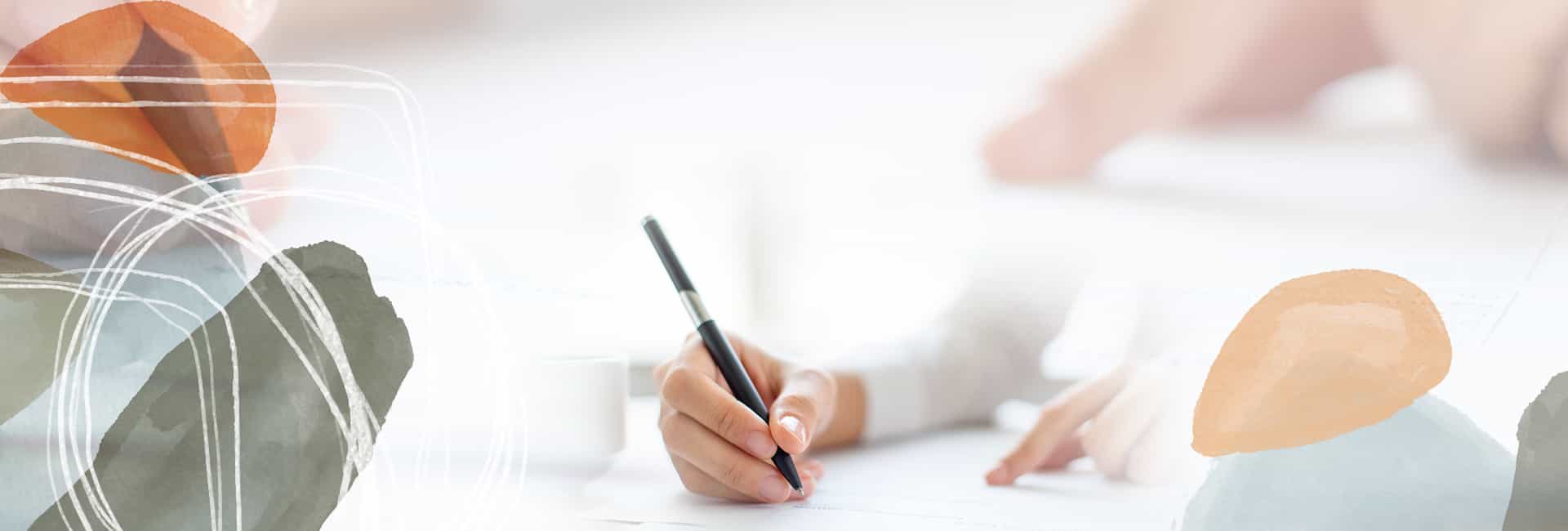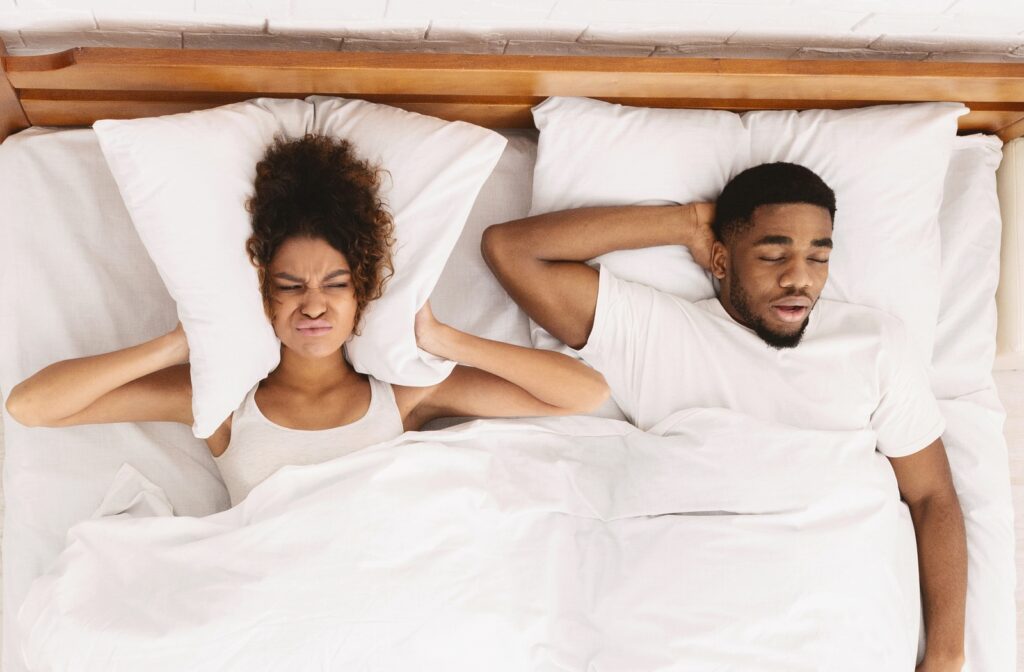If you’re having trouble sleeping or you’re keeping your loved ones awake at night, you may suffer from obstructive sleep apnea. The best way to find out if you have sleep apnea, or to find an effective treatment plan that works for you is by booking an appointment with your dentist or doctor. At Palermo Village Dental we can help identify and diagnose sleep disorders such as sleep apnea, by completing an at-home sleep study using our MATRx plus sleep technology, and can help you find the treatment options that are right for you.
Whether you’re a seasoned sleep apnea patient or have spent time researching potential treatments, you’ve probably heard of continuous positive airway pressure therapy, or CPAP, which is the most common treatment used for sleep apnea. But what if CPAP isn’t right for you? The good news is, there are many alternative treatment options for sleep apnea outside of CPAP, and we’re here to tell you all about them.
What is Sleep Apnea?
First, it’s important to understand exactly what obstructive sleep apnea is. Obstructive sleep apnea is a disorder where your breathing becomes irregular during sleep, which can be extremely dangerous and potentially life-threatening if left untreated.
Common Symptoms of Sleep Apnea
You may be suffering from sleep apnea if you experience any of the following symptoms regularly:
- Excessive or loud snoring
- Restless sleep
- Episodes in which you stop breathing during sleep (this is usually a harder symptom to spot unless reported by another person)
- Gasping, choking, or snorting during sleep
- Frequent trips to the bathroom at nights
- Waking up with a dry mouth
- Headaches occurring in the morning after waking up
- Insomnia (trouble falling or staying asleep) or hypersomnia (excessive sleepiness during the daytime)
- Difficulty paying attention while awake
- Irritability
- Chest pain at night
- Disrupting your partner’s sleep
What Causes Sleep Apnea?
Obstructive Sleep Apnea occurs when the throat muscles relax which causes your airways to narrow or close as you sleep. To combat this, your body will briefly wake up, and you may choke, gasp or snort to reopen your airways. This constant pattern of falling asleep and awakening can stop you from getting the restful, restorative sleep that your body needs.
How does CPAP Work?
The main treatment for Sleep Apnea is CPAP, which is a machine that uses pressurized air to keep your airways open during sleep. Unfortunately, the only way to deliver this steady airflow throughout the night is through a hose and mask worn during sleep which can be noisy and uncomfortable and can cause other adverse effects such as skin indentations, dry mouth, and can even lead to the development of other types of sleep apnea, such as central sleep apnea.
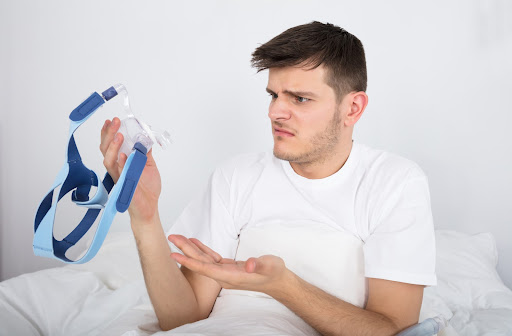
Alternatives to CPAP
Although the CPAP machine is the standard treatment for obstructive sleep apnea, it isn’t the only treatment. If the CPAP machine isn’t for you, there are many other treatment options available.
Oral Appliances
Oral appliances are used to treat sleep apnea and work by pushing your lower jaw and tongue forward to keep your airway open during sleep.
At Palermo Village Dental, we offer customized oral appliances to combat sleep apnea and help you get the sleep you need and deserve.
Bilevel Positive Airway Pressure (BiPAP)
Although similar to CPAP, the BiPAP machine offers multiple pressure settings, unlike the CPAP machine. If your only complaint with the CPAP machine is that the pressure level is either too much or too little for you, BiPAP may be a suitable alternative.
Surgery
Genetics may be the underlying cause of your sleep apnea. Whether it be natural jaw placement or additional soft tissue in the mouth, your dentist may recommend surgery to make permanent changes to help keep your airways clear.
Lifestyle Changes
There are several risk factors associated with developing sleep apnea. These factors include excess body weight, the use of alcohol, and smoking. Losing weight and limiting your consumption of alcohol and nicotine can decrease your chances of adverse health effects associated with obstructive sleep apnea, and may increase the chances that other alternative treatment methods will work.
What Now?
If you think you may suffer from sleep apnea or have been diagnosed but are apprehensive about CPAP, consult your dentist and book an appointment to discuss the alternative treatment options that are available to you.
